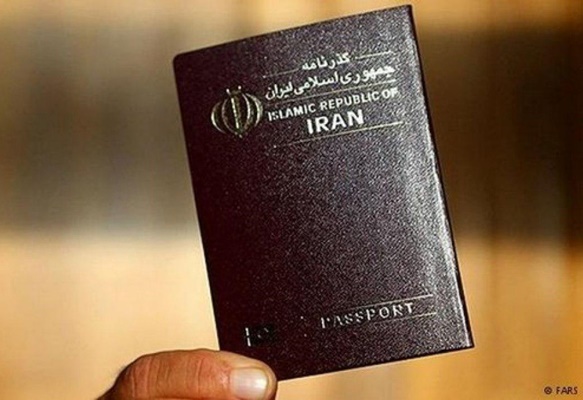That was announced by Iranian First Vice President Es’haq Jahangiri at the National Women and Science Festival on Monday.
“Earlier, it was only possible to grant Iranian citizenship to children whose fathers were Iranian, but recently we have sent a bill to the parliament that would enable children to receive nationality from their Iranian mothers as well,” he said.
He said late prominent Iranian mathematician Maryam Mirzakhani insisted that her child have Iranian nationality. He said the bill was presented to the parliament out of respect for Iranian women, adding, “We hope the bill will pass through Parliament.”
Currently, children in Iran acquire nationality of the country through their fathers, but not their mothers. The full nationality law is defined in Book 2 of the Civil Code of Iran, Articles 976 through 991.
Article 976 of the Civil Code of Iran defines who is an Iranian national:
- All persons residing in Iran except those whose foreign nationality is established; the foreign nationality of such persons is considered to be established if their documents of nationality have not been objected to by the Iranian Government.
- Those born in Iran or outside whose father is Iranian.
- Those born in Iran of unknown parentage.
- Persons born in Iran of foreign parents, one of whom was also born in Iran.
- Persons born in Iran of a father of foreign nationality who have resided at least one more year in Iran immediately after reaching the full age of 18; in other cases their naturalization as Iranian subjects will be subject to the stipulations for Iranian naturalization laid down by the law. New legislation passed by the Iranian Parliament in 2012 grants permanent residency to children born to Iranian mothers and foreign fathers.
- Every woman of foreign nationality who marries an Iranian husband.
- Every foreign national who has obtained Iranian nationality.
According to Article 979 of the Civil Code of Iran, people can obtain Iranian nationality under following conditions:
- Have reached the full age of 18.
- Have resided five years, whether continuously or intermittently, in Iran.
- Are not deserters from military service.
- Have not been convicted in any country of non – political major misdemeanours or felonies.
